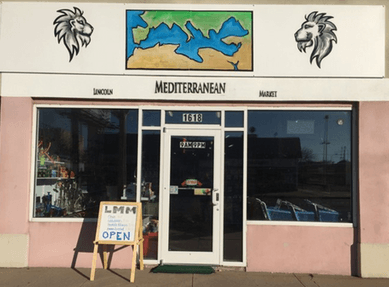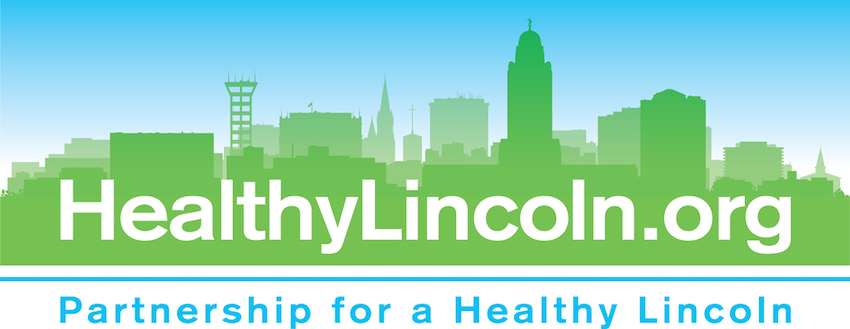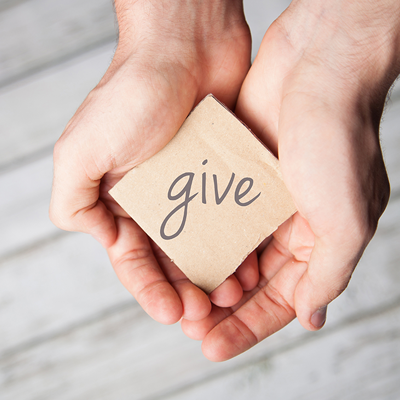Recent, Ongoing Projects
Making Children and Families Healthier
Partnership for a Healthy Lincoln receives the majority of funding for our initiatives through national and local foundations and health organizations. We have re-invested millions of those grant dollars to provide support to our non-profit partners, funding dozens of programs to improve and protect community health and reduce health disparities.
Community Learning Center Wellness Programs

Partnership for a Healthy Lincoln works with Lincoln Community Learning Centers (CLCs) to provide wellness education in their before and after school programs. We partner with AmeriCorps (through ServeNebraska) to train and support wellness club leaders in participating locations. The wellness education includes:
- WeCook Developed by Nebraska 4-H, WeCook teaches proper nutrition, practicing food preparation skills, and engaging in physical activity to promote child and family wellness.
- CLC Harvest of the Month Through a collaboration with local farms, children in several CLC elementary and middle school before/after school programs get to taste-test fresh seasonal produce and learn about the science of growing.
- SPARK Partnership for a Healthy Lincoln trains CLC wellness club leaders to utilize SPARK (Sports, Play and Recreation for Kids), a research-based physical activity curriculum to increase physical activity time, get kids active, and help youth to develop healthy habits. It is often integrated with nutrition programs like WeCook.
- Tower Gardens are a vertical, aeroponic growing system that can grow up to 20 vegetables, herbs, fruits and flowers in less than three square feet, indoors or out, used to grow fresh vegetables all year round. The system plugs into an electrical source, using ultra-violet light, water and nutrients instead of dirt. Partnership for a Healthy Lincoln has provided funding for Tower Gardens in several schools and trains wellness leaders on the use of them.
- Farm to School Partnership for a Healthy Lincoln works with local farmers, the Nebraska Department of Education, school nutrition services, and the Community Learning Centers to help students gain access to healthy, local foods as well as interactive educational opportunities to learn about vegetable gardening, healthy cooking, and farming.

Healthy Food Access
Partnership for a Healthy Lincoln collaborated with Nebraska Extension to increase access to and consumption of fresh produce in local low income communities through the Double Up Food Bucks (DUFB) program. Nebraska Extension Nutrition Education Program, part of the University of Nebraska, helps families on a limited budget make healthier food choices and choose physically active lifestyles. Partnership for a Healthy Lincoln provided partial funding for program personal, marketing support, and an electronic card system for customer ease of purchasing fresh produce in a Lincoln cultural market located in a medically underserved area. The card system captured data about purchases that proved the program successful.







